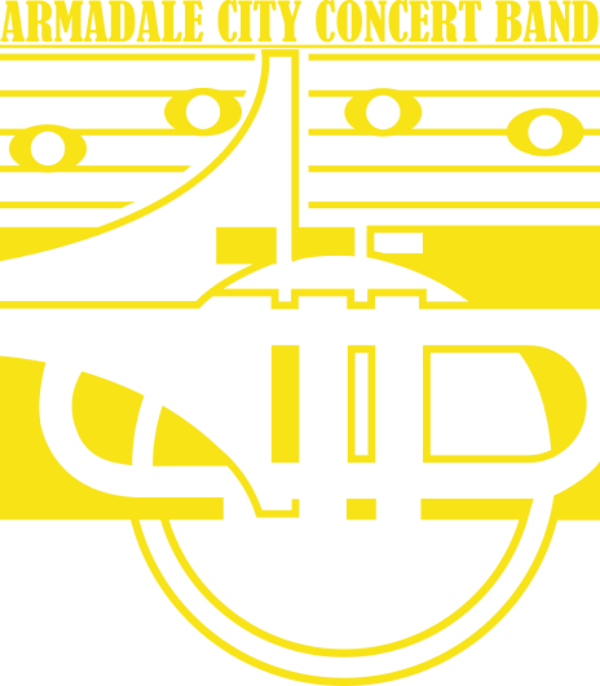For anyone who has ever met me, you'll know navigation is not my forte. I could get lost in my own backyard, given half a chance. So it's no surprise that with the shifting of our rehearsal venue for a week, I got a little bit turned around. I was so impressed with myself too. I had spent the afternoon carefully looking it up on the map, writing down directions, so I would know exactly where to go. Ha! I should know, as soon as I think "that looks easy enough" I should immediately think, by default "no. It's really not. Not for you anyway".
So my Wednesday night was spent casually cruising around the suburbs of Armadale, in the dark, trying to find somewhere I've never been, something I find difficult enough in broad daylight. Nothing was where it was on the map (well it probably was, but not the way I was reading it), my directions were useless and I had to pull over twice to check how wrong they were (this is one of the many reasons why being a hermit would actually suit me. The only thing stopping me is the living conditions and the wardrobe). Finally I had a stroke of luck, driving right past where I was meant to be. Huzzah! And I was only twenty minutes late at this point (honestly, I'll take whatever I can to count as a win).
Pulling into the car park, it was still really dark. And quiet. Too quiet (considering there was meant to be a concert band on the premises. And sound carries). I drove around the block three times just to be sure. And then I gave up and went home. Because there is a limit to the number of times you can drive around slowly without someone calling the police on you (and I did not want to find out what that limit is) and at this point I had spent 45 minutes in the car, to get 15 minutes away from home, only to get to the right place to discover it was in fact the wrong place. (All I can say is that I'm very glad that navigation is not part of the driving assessment).
Of course having made the decision to go home, I needed to find it first. Lucky for me when it comes to getting home, I have the homing instincts of a carrier pigeon (that, or while all roads don't lead to Rome, they lead to a main road). An hour after I left, I was back exactly where I started. The only difference was I had a little less fuel in the tank. This does raise the point, why not use GPS? Well, first it's a point of pride (I know. It's amazing I have any of that left). Because really, I should be able to navigate somewhere local without one. And second, I have been known to get lost while using one of those too. Getting them to the point where they get jammed recalculating for twenty minutes until even that has had enough and a robotic voice says "take the next exit and go home you fool". (Mine seems to be particularly rude).
Now what has any of this got to do with band and the National Band Championships? (very little. But I can't really talk about that, given I didn't even make it to rehearsal). Sometimes though, you do get lost. At this point we are more than halfway there. You start getting tired. Start getting frustrated because you really should have a better handle on this passage by now. You start questioning why you're doing this. And that's okay. Because you have your moment, pick yourself up, keep going and give it another shot. Until you do get it. And you get that spike of adrenaline from realising how close you are to the reason why you are doing it.
Sometimes you need to get a little bit lost so you know when you are in the right place. At the right time.

